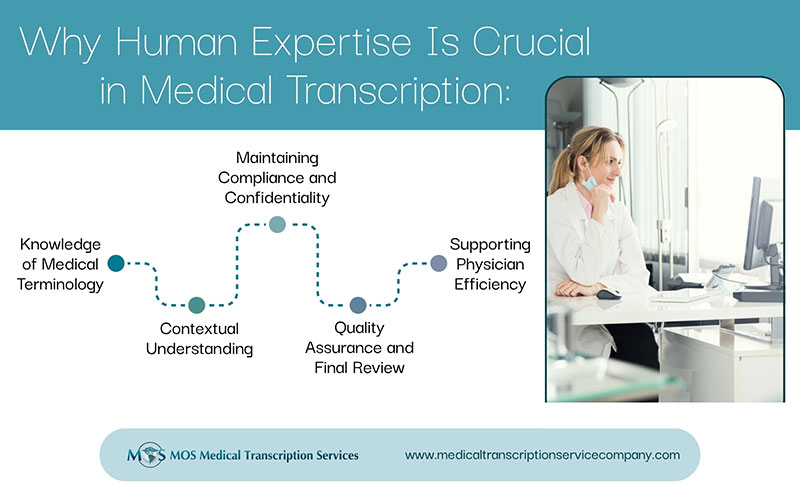 According a recent study, encouraging patients to use ambulatory surgery centers (ASCs) instead of hospital outpatient departments for common procedures is a cost-effective option. According to a report published by the Society for Human Resource Management (SHRM), the study which was led by Healthcare Bluebook, a national provider of quality and cost data for health care services, found that lower costs for surgical procedures reduced the out-of-pocket costs of ASC health plan enrollees lower by more than $5 billion annually. However, even as ASCs have successfully transformed the way healthcare services are delivered, they face serious documentation issues that can affect their revenue.
According a recent study, encouraging patients to use ambulatory surgery centers (ASCs) instead of hospital outpatient departments for common procedures is a cost-effective option. According to a report published by the Society for Human Resource Management (SHRM), the study which was led by Healthcare Bluebook, a national provider of quality and cost data for health care services, found that lower costs for surgical procedures reduced the out-of-pocket costs of ASC health plan enrollees lower by more than $5 billion annually. However, even as ASCs have successfully transformed the way healthcare services are delivered, they face serious documentation issues that can affect their revenue.
- ASC quality reporting requirements: In 2012, CMS implemented a pay-for-reporting program known as the Ambulatory Surgical Center Quality Reporting Program under which ASCs need to report quality data for standardized measures to receive the full update to their annual payment rate. ASCs that do not report the necessary quality data suffer pay cuts. According to a Becker’s Healthcare report, ASCs must report the following quality measures to avoid the pay cuts for 2016:
- Patient Burn
- Patient Fall
- Wrong Site, Wrong Side, Wrong Patient, Wrong Procedure, Wrong Implant
- Hospital Transfer/Admission
- Prophylactic Intravenous (IV) Antibiotic Timing
- Safe Surgery Checklist Use
- Facility Volume Data on Selected ASC Surgical Procedures
- Influenza Vaccination Coverage among Healthcare Personnel
ASCs need to have rigorous data capture and reporting systems in place to capture, track and report key quality indicators.
- Individualized OP report tailored to patient and procedure performed: Using a canned report template in the patient’s record may save time for physicians, but will lead to incomplete documentation for surgical procedures. ASCs need to provide accurate, detailed and individualized reports to prevent potential malpractice issues. Complete operative reports ensure comprehensive information pertaining to each patient procedure including patient complications, procedure complications, changes in medication, and laterality.
- Timely dictation and medical transcription: Capturing data is a key challenge in ASCs, according to a Wolters Kluwer report. While health technology vendors now offer ASC-specific software and systems that can capture, track and analyze QI and outcomes data, timely dictation and EHR-integrated medical transcription services are essential for error-free documentation.
- Accurate medical coding: As they provide highly detailed operative notes, physicians in ASCs should ensure accurate ICD-10 and CPT codes. Claims documentation should be clean, complete and accurate to ensure proper billing and reimbursement.
Having a clear-cut plan to track documentation compliance can help ASCs avoid documentation issues. Physicians and nurses who contribute to the medical record should be involved in the implementation of the compliance program. Each physician’s reporting activities need to be tracked and graded based on critical factors such as timeliness, level of detail and proper signatures.
The Healthcare Bluebook study found that that ASC prices are significantly lower than hospital outpatient prices for the same procedures throughout the U.S. However, ASCs need to avoid documentation gaps and errors to stay competitive. Outsourcing medical transcription can help ASCs meet their documentation goals. Professional medical transcription companies ensure accurate and comprehensive documentation of operative reports, as well as physician orders, history and physicals, intra-operative records, progress notes and discharge orders. Their solutions go a long way in simplifying and improving the creation and management of ASC documents.


